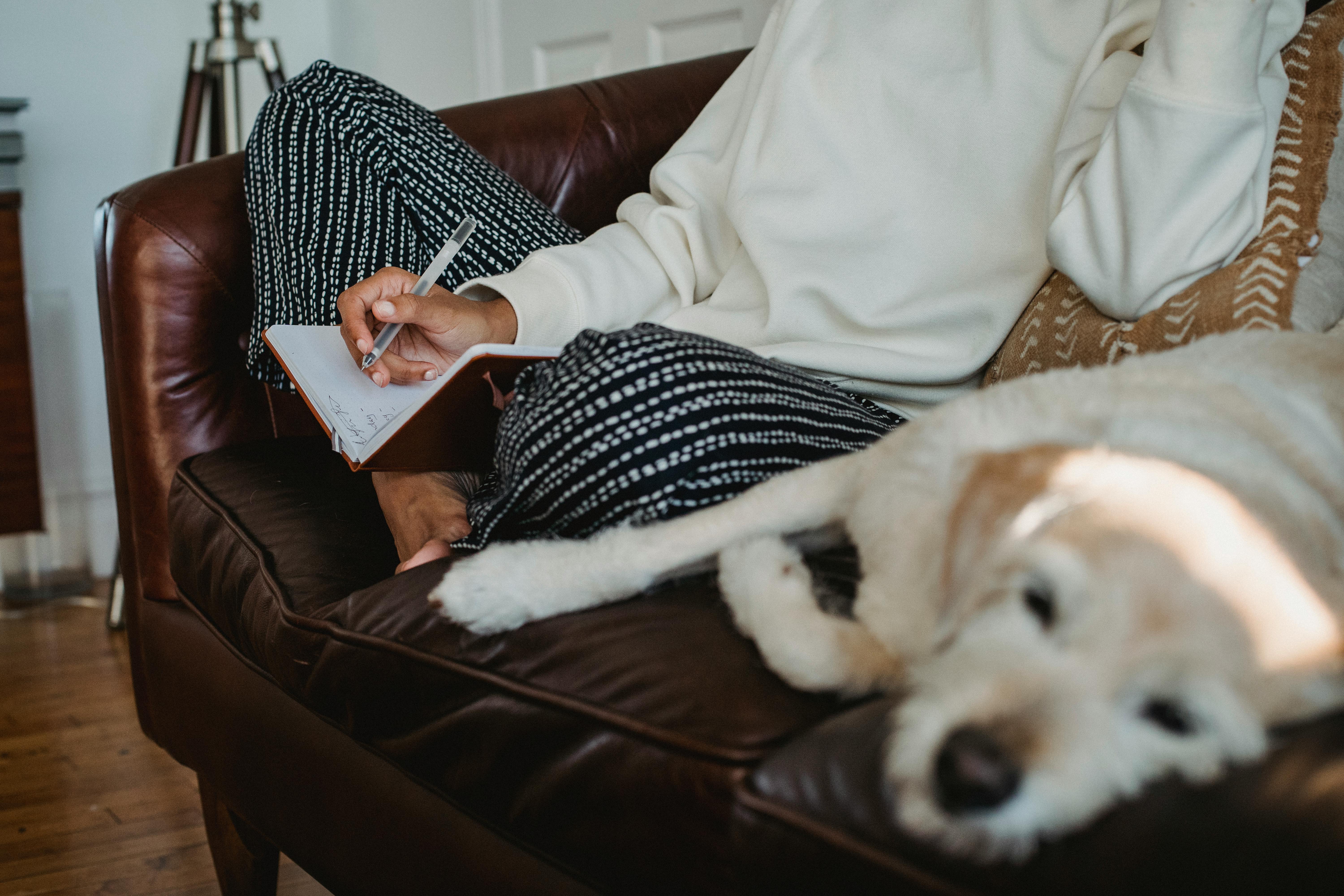Like humans, dogs and puppies can also experience a feeling of illness while traveling by car. This automobile disease can make pet trips, whether short or long, an ordeal for dogs and their families. Fortunately, there are things you can do to help your dog in the car.
The most common reasons for car sickness in puppies and dogs are:
- The structures of the ears that are used for balance are not fully developed in puppies. This can cause dizziness. Fortunately, many dogs are out of age due to illness.
- Stress can also aggravate travel sickness. For example, if your dog has only been in the car to go to the vet, he may get sick from the worry and fear of seeing the vet.
- If your dog has been nauseated the first few times he traveled by car as a puppy, he may have been conditioned to view car travel as a time when he will get sick.
You can look for some common signs of car sickness in your pet, such as:
- Inactivity
- Restlessness
- Excessive yawning
- Whine
- Hypersalivation (drooling)
- Vomiting
Symptoms will usually go away shortly after the vehicle comes to a stop.
There are several treatment options available to help prevent your puppy’s or dog’s car sickness. Physical comfort in the car, reconditioning, medication, and holistic treatments can help make car trips much easier for your dog.
1. Physical comfort in the car: Try these options to help make the car ride as physically comfortable for your dog as possible.
- Look your dog ahead in a moving vehicle; if your dog is facing forward, he will see less movement. Looking out the side windows makes objects look blurry and that can cause or aggravate motion sickness.
- Avoid letting your pet ride in the furthest back seat because this is where there is the most movement.
- Slightly opening car windows can help reduce air pressure inside the car and allow for better ventilation.
- Don’t feed your puppy or dog for a few hours before getting in the car.
- Try putting it in a travel box. Sometimes this helps keep you from looking out too far and helps keep any illnesses you may have in a confined space.
- Keep it cool in the vehicle. A hot, congested trip can make car dizziness worse for your dog.
- Toys can help distract and entertain a nervous dog.
- Taking frequent bathroom breaks can also help.
- Exercise before getting in the car to travel.
2. Reconditioning: Sometimes reconditioning will help your dog relax in the car. Reconditioning is necessary if your dog associates riding in the car with something bad, like getting sick or going to the vet. Reconditioning requires patience for both you and your dog. Here are some tips to help recondition your dog.
- Try a different vehicle. You can associate your vehicle with unpleasant memories.
- Take short car trips to places your dog likes.
- Gradually develop your dog’s tolerance. Begin by sitting in the car with your dog with the engine off. Do this for a few days. Then when you feel comfortable, sit in the car with the car idling. After this, take a walk around the block. Now you can try a longer trip. By doing this slowly and over a period of time, you are helping to de-travel stress from your dog.
- Use treats to make the car a fun place for your dog.
- Buy a special toy that they can only play with in the car.
3. Medicine: There are times when medications are necessary to help your dog during pet trips. Some prescription and over-the-counter medications are listed below.
- Anti-nausea medications: reduce vomiting.
- Antihistamines: These are used to decrease motion sickness, reduce drooling, and help keep you calm.
- Phenothiazine and related medications: reduce vomiting and help sedate.
Always discuss any medication with your veterinarian before use to make sure your dog is healthy, the dosage is correct, and the medication will not harm your dog.
Four. Holistic approach: Holistic treatments are another option that dog parents can try. Some common holistic options are listed below.
- Ginger can be used for nausea. Gingerbread cookies or ginger pills can be given at least 30 minutes before traveling.
- Peppermint, chamomile, and horehound naturally help calm your pup’s stomach.
- Massage helps relax your pet before traveling.
Always discuss any holistic remedy with your vet before using it to make sure your dog is healthy, the dosage is correct, and the treatment will not harm your dog.
Patience and training can help prevent car sickness during pet travel. You may also need to stock up on certain medications or holistic remedies to help calm your dog if physical changes and reconditioning don’t work. Hopefully, with time and a little effort, your dog will be able to travel safely and happily in your car!
